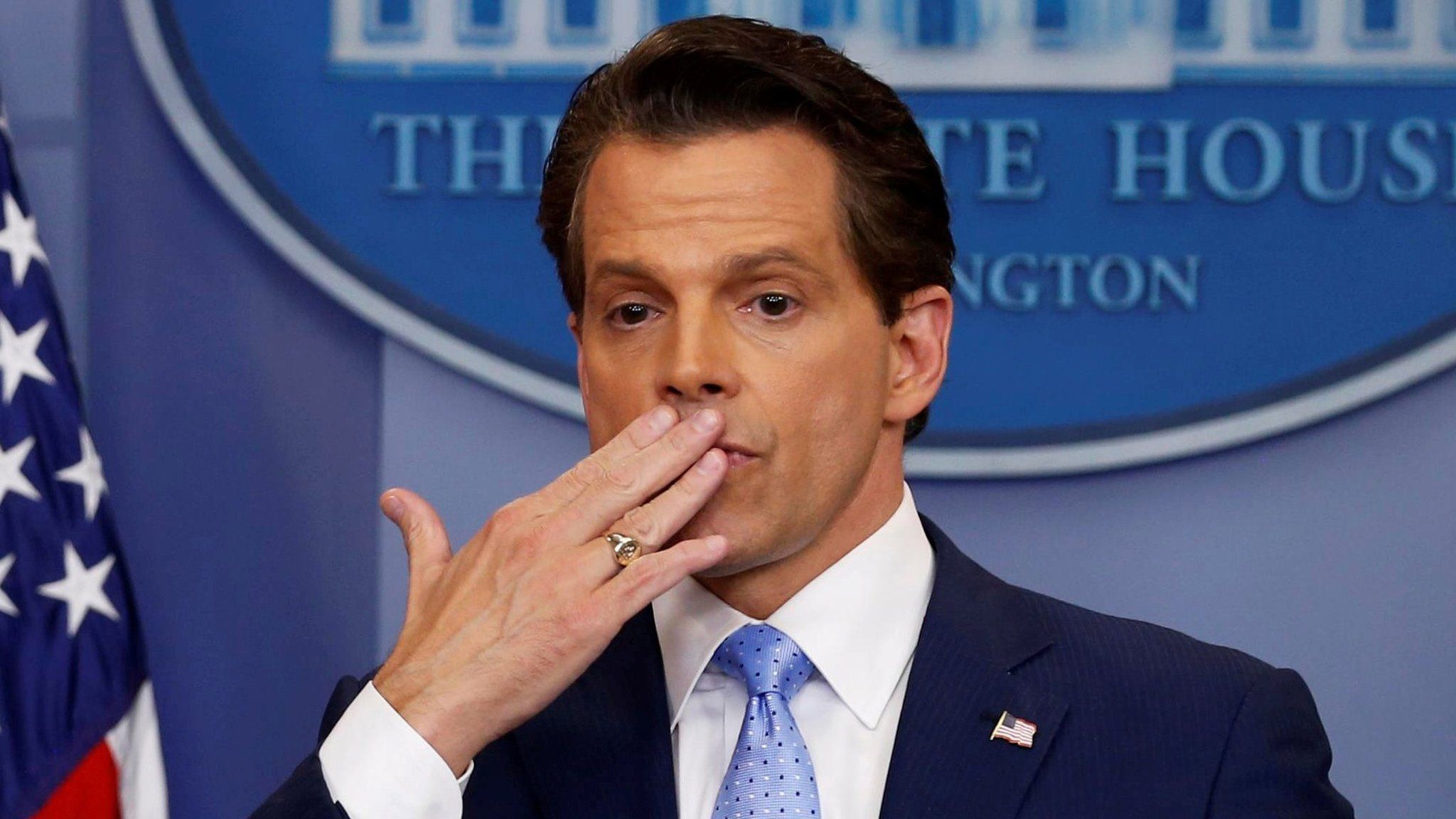As the debate over cryptocurrency regulation intensifies, prominent figures in the financial sector are urging US lawmakers to establish clear guidelines for the industry. Anthony Scaramucci, founder of investment firm SkyBridge Capital and former White House communications director, has emphasized the need for regulatory clarity, warning that the US risks falling behind in the rapidly evolving digital asset space.
Regulation has been a contentious topic in the crypto industry, with lawmakers and financial institutions struggling to balance innovation with consumer protection. While some officials advocate for stricter oversight, others argue that excessive regulation could stifle technological advancements and push companies to relocate to more crypto-friendly jurisdictions. The lack of comprehensive regulation has led to uncertainty, making it difficult for businesses and investors to navigate the market.
Scaramucci has been vocal about the importance of clear and fair regulations, stating, “We need to make sure that Washington is creating a framework that allows the industry to thrive while also protecting investors.” He believes that bipartisan cooperation is necessary to implement policies that foster innovation without excessive restrictions. His comments come as lawmakers ramp up discussions on cryptocurrency-related legislation, including proposals addressing stablecoins, securities classification, and anti-money laundering measures.
One of the key issues in crypto regulation is defining whether digital assets should be classified as securities or commodities. The Securities and Exchange Commission (SEC) has taken an aggressive stance, arguing that many cryptocurrencies fall under its jurisdiction as unregistered securities. However, industry leaders and some lawmakers have pushed back, advocating for a more nuanced approach that differentiates between various types of digital assets.
The regulatory uncertainty has led to high-profile legal battles, with major crypto companies facing lawsuits over alleged violations of securities laws. This has further fueled concerns that the US is taking a hostile approach to the industry, potentially driving innovation offshore. In contrast, regions like the European Union and the United Arab Emirates have introduced clearer regulatory frameworks, attracting businesses looking for legal stability.
Despite the challenges, Scaramucci remains optimistic about the future of crypto regulation in the US. “The key is finding common ground,” he said. “We need sensible rules that provide clarity for businesses while ensuring that bad actors are kept in check.” He believes that engaging with lawmakers and educating them on blockchain technology will be crucial in shaping balanced policies.
The push for regulation comes at a time when crypto adoption is growing among institutional investors and traditional financial institutions. Major banks and asset managers have increasingly explored digital asset offerings, signaling a shift in how cryptocurrencies are perceived in mainstream finance. However, without a well-defined regulatory framework, concerns about compliance and legal risks remain a major hurdle.
As discussions continue, the crypto industry will be closely watching legislative developments in Washington. The outcome of these debates could have a significant impact on the future of digital assets in the US, determining whether the country remains a leader in blockchain innovation or lags behind in the global market.




